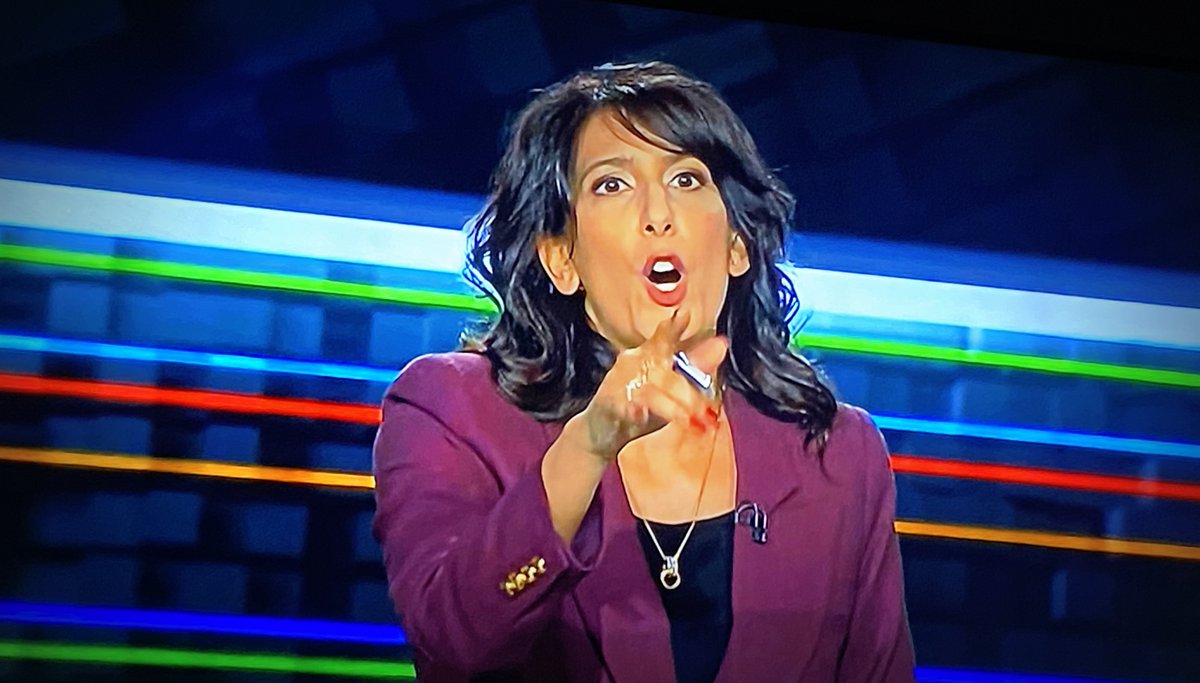Liberal leader Justin Trudeau’s hint at federal intervention to kill Quebec’s Bill 21 should he return as Prime Minister, is being panned by anti-racism advocates as doublespeak.
“He has said this before in 2019 and has not done anything since…he is just throwing out hope to get votes,” said Errol Patrick Mendes, a professor of constitutional and international law at the University of Ottawa.
“Many…many people across the country are furious at there being no attempt by the federal government to challenge the law,” he said, adding the debate question on Bill 21 has raised awareness of its discriminatory nature across Canada, especially in ridings where immigration and systemic racism are key issues.
Mendes, who heads the Canadian chapter of the International Commission of Jurists, told NCM that his organization plans to seek intervenor status should the on-going legal challenges against Bill 21 at the provincial level hit the Supreme Court.
“We intend to argue what the federal government should be arguing,” he said.
Mendes said that the next prime minister should unequivocally denounce Quebec’s Bill 21 and mount a federal challenge to the discriminatory law which will impact all racialized religious minorities in the country, anti-racism advocates say.
However, none of the federal political party leaders will fully commit to this in the final stretch of the current election campaign fearing the loss of votes in Quebec, he said.
“All of the party leaders are in the same boat…they all want to say as little as possible on this issue during the campaign…it’s sad,” said Mendes.
While the concerns about Bill 21 – which bans civil servants from wearing religious symbols at work, and the accompanying Bill 96, which would make French the only language needed to work in the province – have been mainly a Quebec provincial issue, it was thrust into the national spotlight during last week’s English Language leader’s debate.
During the debate, moderator Shachi Kurl asked Bloc Quebecois leader Yves-François Blanchet to help Canadians outside Quebec understand why his party supports the discriminatory laws.
The fiery exchange that ensued and post-debate fallout has been hogging election news coverage nationally, reverberating in the immigration-fuelled 41 federal parliamentary ridings, where visible minorities and New Canadians form the majority.
During the debate, none of the political leaders on stage addressed the protestations by Blanchet.
Liberal leader Justin Trudeau later said the question regarding Quebec’s secularism law was “offensive” while Conservative Leader Erin O’Toole said the question was “unfair” but would not intervene to kill the Bill.
The NDP’s Jagmeet Singh said his party won’t challenge the law, because it is essentially a provincial issue.
Trudeau backtracked on his post-debate indignation at Kurl’s question Sunday saying he hasn’t “ruled out” federal intervention to challenge Bill 21 in court.
“We have not taken off the table intervening at a later date because no federal government should take off the table the ability to stand up for people’s fundamental rights,” Trudeau told reporters at an election campaign stop on Montreal’s South Shore.
“Bill 21 should matter more to all Canadians”
Balpreet Singh Boparai, legal counsel for the World Sikh Organization of Canada (WSO), said Trudeau’s hint about federal intervention gives Sikhs some hope despite him promising something similar in 2019.
“Mr. Trudeau’s comments do reiterate a point he has made in the past and we are hopeful that the federal government will recognize the threat Bill 21 poses to fundamental human rights not just in Quebec but potentially across Canada and intervene in the challenge against this discriminatory law,” he said.
Jagdeesh Mann, a Vancouver-based ethnic media specialist, said the existence of Bill 21 should matter more to all Canadians, not just the people of Quebec.
“But it hasn’t made enough of an impact yet, likely much to the relief of all three major political party leaders who have skirted around campaigning against it.”
According to the latest Canadian Press-Leger poll, the Liberals and Conservatives both have the support of 32 per cent of decided voters. The NDP are in third with 20 per cent.
In Quebec, the Bloc Quebecois has seen a three point bump to about 30 per cent of the provincial vote, said Andrew Enns, vice-president with Leger research.
“That bump has a lot to do with the wide coverage and emotional reaction to the question in the English debate about Bill 21,” he told NCM.
A multiple-award winning journalist, Fabian Dawson is an internationally acclaimed author, filmmaker and media expert. His work over the last four decades spans the globe and he also serves as a consultant/strategic advisor to a variety of international companies. As deputy editor-in-chief of The Province, part of the Postmedia chain, Dawson led initiatives within a special publications group to provide directed content for a variety of organisations. He was named the 2019 recipient of the Bruce Hutchison Lifetime Achievement Award at Jack Webster Awards. Dawson has been invited by the governments of India, Malaysia, Taiwan, China, Hong Kong and the United States to act as a media observer/advisor on a variety of Asian-Canada issues. Dawson, now operates FD Media, which specializes in harnessing editorial assets to revenue generating opportunities.





